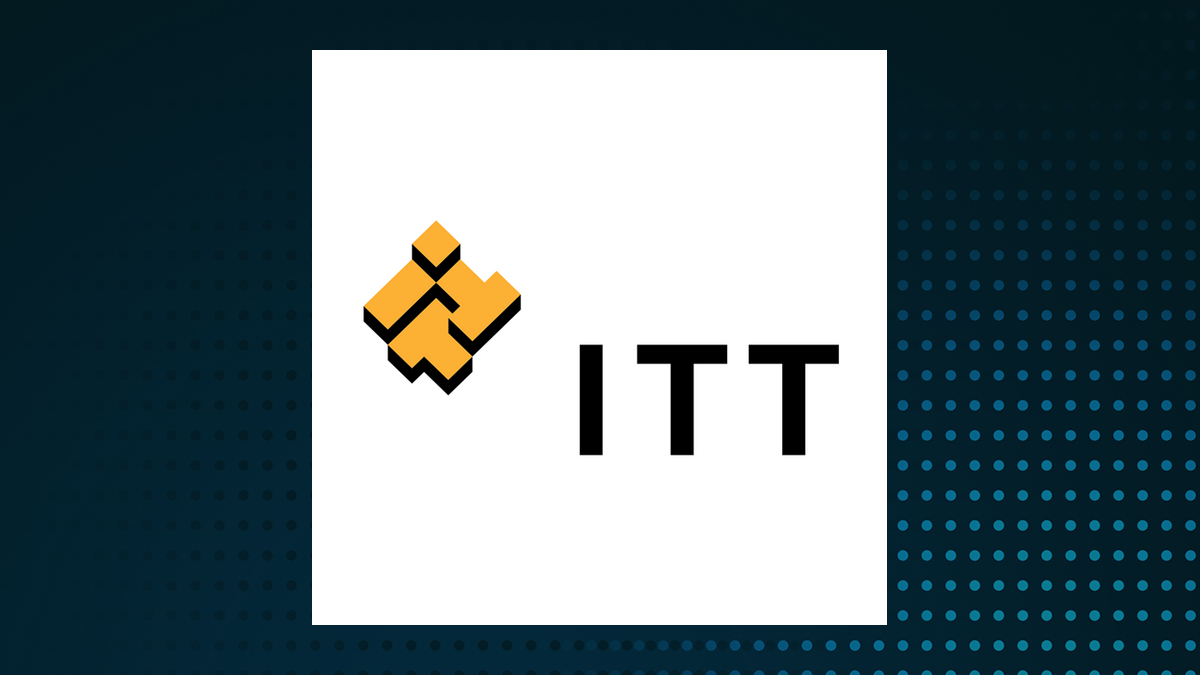
Telegram has recently made a significant change to its privacy policy, reflecting a shift in how the platform interacts with law enforcement regarding user data. The update, announced on Monday, specifies that the company will now share user details such as IP addresses and phone numbers with law enforcement agencies if presented with a valid legal order. This change marks a notable departure from Telegram’s previously staunch stance on user privacy, which has often put it at odds with authorities.
This policy update follows the arrest of Telegram’s CEO, Pavel Durov, by French authorities in August. The arrest was reportedly linked to Telegram’s refusal to comply with requests for user data in an investigation involving criminal activities. The updated privacy policy now states that if Telegram receives a court order confirming that a user is suspected of engaging in criminal activities that violate the platform’s Terms of Service, the company will conduct a legal analysis and may disclose the user’s IP address and phone number to the relevant authorities.

This shift broadens the scope of Telegram’s cooperation with law enforcement beyond cases specifically related to terrorism, which was the only situation mentioned in the previous version of the policy. The previous policy explicitly mentioned that Telegram might share user data only if a court order identified the user as a terror suspect. However, the new policy expands this to include a wider range of criminal activities, signalling a change in how the platform balances user privacy with legal obligations.
Despite this, Telegram has maintained that any sharing of user data with authorities will be documented in the company’s quarterly transparency reports. However, access to these reports via the company’s bot has been inconsistent, with users reporting issues in retrieving the data. When tested recently, the bot was undergoing maintenance, with a message indicating that updates were in progress.
Telegram did not immediately respond to requests for comment on the privacy policy update or on a separate data request from US law enforcement uncovered last week. The company has long been criticised for its perceived reluctance to cooperate with legal authorities, a stance that has made it popular among various criminal elements. These include drug dealers, hackers, and fraud rings, who have flocked to Telegram under the belief that their communications and identities would be safe from law enforcement scrutiny.
Although Telegram is more of a social network than a fully encrypted messaging app, it has gained a reputation for resisting cooperation with authorities, even when presented with legal orders. This situation came to a head when French authorities arrested Durov at an airport on August 24. The arrest followed an investigation that began when an undercover agent engaged with a suspected child predator on Telegram.
When the authorities requested the identity of the user, Telegram reportedly refused to comply, leading to an investigation into the company itself. The National Gendarmerie, which had made thousands of unanswered requests to Telegram, was among the agencies involved in the case. In a statement posted on his Telegram channel, Durov explained that the updated Terms of Service and Privacy Policy were designed to be consistent globally, clarifying that the IP addresses and phone numbers of users who violate Telegram’s rules could be disclosed to authorities in response to valid legal requests.
He emphasised that these measures are intended to discourage criminal activities on the platform, reinforcing that Telegram is meant for connecting people and sharing news, not for illegal activities. The update represents a significant shift in Telegram’s approach to privacy and law enforcement cooperation as the platform faces growing pressure to address the criminal activities taking place within its network..














